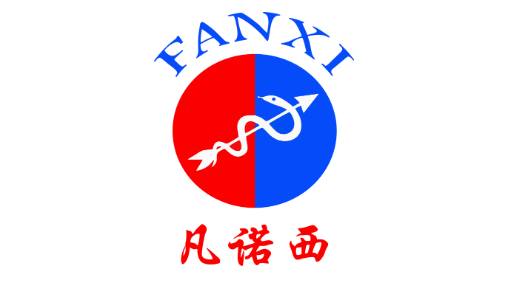Shanghai, July 5 (China News) (by Chen Jing) -- Shanghai takes the lead in exploring the way to separate the registration and production license of medical devices, and the pilot reform will be promoted to the whole city from the free trade zone. Shanghai Food and Drug Administration (SFDA) announced on Friday that applicants for medical device registration in Shanghai will be allowed to commission medical device manufacturers in the city.
Lin Feng, head of the registry office of the SFDA, said on the same day that the SFDA is actively pushing forward reform to realize full coverage of demonstration product categories as soon as possible. At the same time, the SFDA expects to apply the existing medical device registrant system in Jiangsu, Zhejiang and Shanghai and break geographical boundaries to promote it to the whole country in due course.
The product registration and production license for medical devices used to be "bundled" at home. This dampened the enthusiasm of researchers and enterprises to carry out innovation and R&D and continuously improve the product quality, limited the rational allocation of innovation elements and was inconsistent with internationally accepted rules.
On December 7, 2017, the Implementation Plan of Medical Device Registrant System in China (Shanghai) Pilot Free Trade Zone (hereinafter referred to as the "Pilot Plan") was released and implemented. As a major breakthrough in the review and approval of the medical device regulatory system in China, the medical device registrant system directly targeted the "pain point" plaguing enterprise development for a long time.
Enterprises in the industry showed great interest in this reform. Many local enterprises hoped to optimize the allocation of resources and improve their competitiveness through the pilot reform. Some rapidly growing new innovative medical device enterprises based in other provinces across China intended to set up R&D centers in Shanghai. At the same time, the headquarters of many well-known multinational enterprises also paid close attention to the progress of the pilot reform, hoping to realize the localization of imported products by participating in the pilot reform to optimize market access path.
Since the implementation of the Pilot Plan, six products of three enterprises have been approved according to the document. Nine products of three enterprises have obtained the privilege to realize registration and testing earlier; Fifty-seven enterprises expressed their intention to participate in the pilot reform. Three pilot cases approved aimed at commission within the company, cross-regional commission between independent organizations and expansion of production site of products for sale through this pilot reform, which covered Class II medical devices and in vitro diagnostic reagents.
According to sources from the SFDA, in advancing the pilot reform, it found that it is difficult to give full play to the advantages of resource allocation within the region as the pilot scope was limited, and thus many enterprises intended to participate in the pilot reform can only set up another company in the free trade zone to get involved. Companies are looking forward to expanding the pilot reform to all districts in Shanghai.
Lin Feng pointed out that for local R&D enterprises and contract manufacturers, expanding the scope of the pilot will further boost the enthusiasm of enterprises, and the types of pilot will continue to be added. At the same time, this will further promote the differentiated division of labor and collaboration among medical device enterprises in this region, forming the agglomeration effect among parks in different districts, and the optimal allocation effect of resources will become more remarkable.
The single-lead electrocardiograph developed by Shanghai Yuanxin Medical Technology Co., Ltd was the first Class II medical device product that has been approved to be marketed. It only took 26 working days from the formal acceptance to the approval, which was 82% shorter than the time stipulated. When interviewed, Sun Yiyong, President of Shanghai Yuanxin Medical Technology Co., Ltd, said under the medical device registrant system, the company can use the production site and equipment of the parent company for commissioned production, which reduces overlapping investment.
The surgical dynamical system developed by multinational Medtronic has been recognized. According to the company, the new mode of localization of imported products shortens the production chain and saves production costs, which will reduce the selling price of products and benefit patients. With the pilot extended to the whole of Shanghai, the entire production process of the company's surgical dynamical system can be completed in Shanghai in the future, which will benefit the company and patients a lot. (End)



Park WeiChart